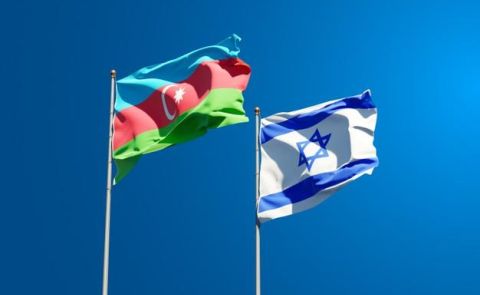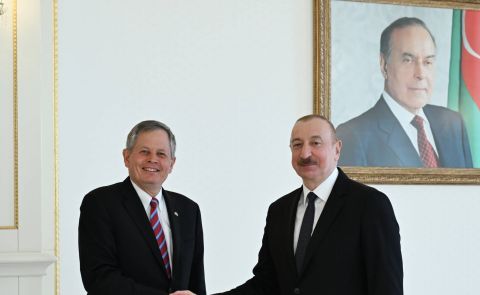
Medvedev's Remarks on Annexing Georgia's Breakaways Draw Critics from Russian and Abkhazian Officials
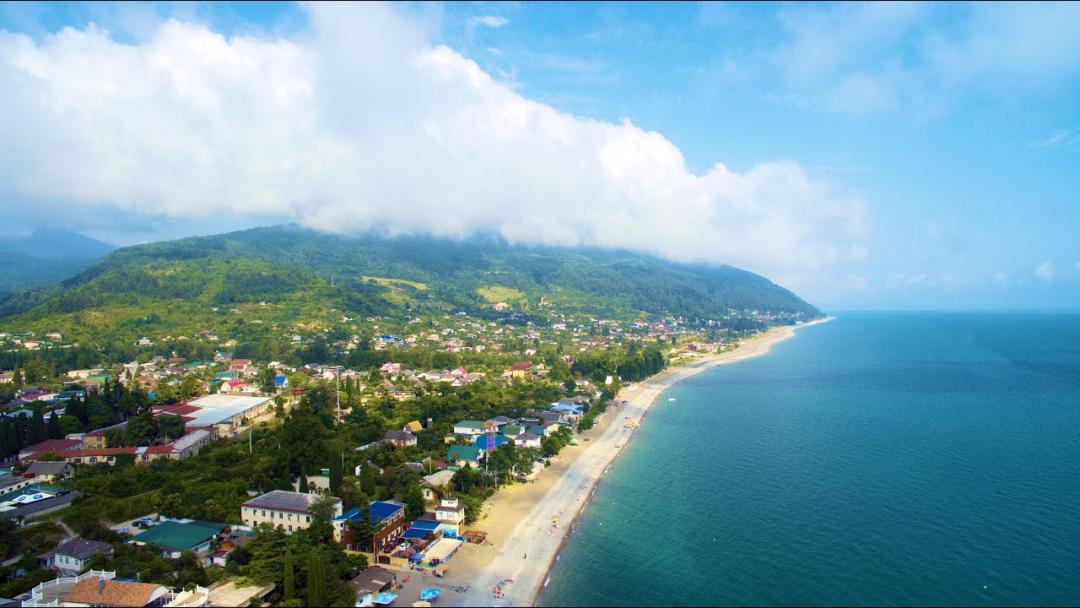
On August 23, Konstantin Zatulin, the First Deputy Chairman of the Russian State Duma Committee on CIS Affairs, Eurasian Integration and Relations with Compatriots, commented on the statement by Deputy Head of the Russian Security Council Dmitry Medvedev that Russia may annex [the separatist] South Ossetia and Abkhazia if the West does not stop inflaming the situation in Georgia.
"The main compelling reason for Abkhazia and South Ossetia to become part of Russia is the will of the local population. Everything here is not as simple as it may seem to some. In these countries, which we recognized in 2008, both before and after internal political life was developing, there was political struggle, competition, elites, political and public figures, and public life. There are different points of view on this issue as well. Some are supporters, especially in South Ossetia. There are many of them because, for South Ossetia, it would be not just joining Russia but reunification with North Ossetia as part of Russia. But I would not say unequivocally that the idea of joining Russia enjoys an absolute advantage among the population. I would show some modesty in this matter," Zatulin said.
MP said, "The second circumstance is the readiness of the Russian Federation for such an entry, the expediency for Russia to support the idea of including Abkhazia, South Ossetia into Russia."
"The accession of Abkhazia, South Ossetia would immediately affect Russia's relations with other states in this region, first of all, with Georgia, would confirm the opinion of Georgian radicals, supporters of Saakashvili, that these territories are seized, occupied, that Russia is an aggressor, annexationist. And the very domestic political situation in Georgia would have swung under the influence of these emotions in favor of the supporters of Mikheil Saakashvili and the fight with Russia to the victorious end. I ask the question: 'At the moment when we are conducting a special military operation, do we need to aggravate these relations or not?' I think not," Zatulin said.
On the same day, Vitaly Labakhua, the de-facto President of the Foundation for Assistance to the Development of the Republic of the separatist Abkhazia, said sovereignty is now a priority for Abkhazia.
"The long period of Abkhazia's existence as part of the Georgian state led to the actual genocide of not only a significant part of the population of Abkhazia but also the destruction of a significant part of the Abkhazian intelligentsia. Now, Abkhazia is being revived. The people of Abkhazia should get some kind of respite, the revival of national, national-ethnic revival. And this implies hothouse conditions of existence of Abkhazia. Such a greenhouse implies the independence and sovereignty of Abkhazia. Therefore, perhaps, joining Russia as a subject would be interesting and does not contradict the aspirations of the Abkhazian people, but at the same time, preservation of sovereignty and independence for Abkhazia is a priority," Vitaly Labakhua said.
"Abkhazia, at the same time, is part of the Russian world," he emphasized. "We do not separate ourselves from Russia. Abkhazia is building its relations with Russia not just as a good neighbor but also as cooperating as much as possible both in the military sphere, the legislative sphere, and the cultural sphere, but nevertheless retains that necessary sovereignty and independence, which allows the Abkhazian people at least to restore to certain limits what was lost as a result of many decades of genocide," Labakhua concluded.
Moreover, Sergei Shamba, the de-facto Secretary of the Security Council of Abkhazia, said that Abkhazia is in favor of close and allied relations with the Russian Federation. However, there are no political forces in the republic that would declare a desire to join Russia.
"As for Abkhazia, we have our own way, different from this. We have not had such appeals, and I do not see any political forces in Abkhazia that would see such a form of relations between our countries," Shamba added.
Also, Kan Tania, the de-facto Ambassador-at-Large of the Abkhazian Foreign Ministry, emphasized that the epochal decree of then-Russian President Medvedev [recognizing Abkhazia as an independent state] would not have been possible without Vladimir Putin and the tireless efforts of the people of Abkhazia led by leaders Vladislav Ardzinba and Sergei Bagapsh. "Abkhazia is grateful for the recognition of sovereignty and Russia's assistance, which further strengthens the ties between the peoples of the two countries," Tania stressed.
Furthermore, the Georgian Foreign Ministry stated, "The statement by Deputy Secretary of the Russian Security Council Dmitry Medvedev about the possibility of joining Abkhazia and South Ossetia is another attempt to violate the sovereignty and territorial integrity of Georgia's territory by the Russian Federation."
"We call on the Russian Federation to respect the fundamental principles and norms of international law and implement the ceasefire agreement of August 12, 2008. Georgia unwaveringly adheres to the policy of peaceful resolution of the conflict and ensuring by this means the de-occupation of Georgia's territories and reconciliation of the population divided as a result of the war," the ministry said.
As previously reported by Caucasus Watch, in an interview with AIF on August 23, Dmitry Medvedev, Russian Deputy Security Council Chief, said that the idea of joining Russia is still popular in [the separatist] Abkhazia and South Ossetia [Tskhinvali Region].
See Also

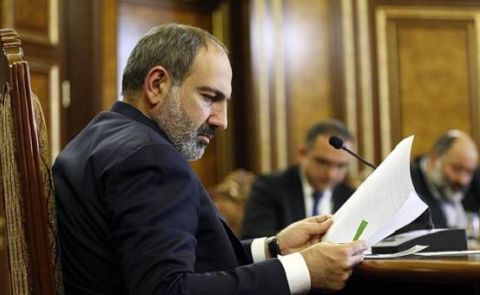
Pashinyan Commemorates First Republic Day, Highlights Progress in Sovereignty and Peace Efforts
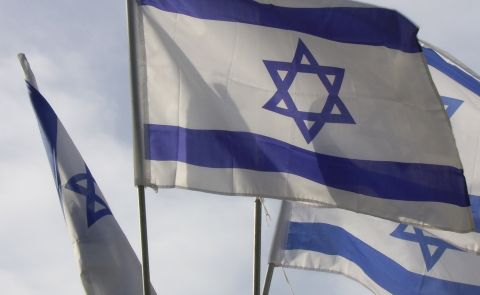
Israeli Ambassador to Armenia Acknowledges Challenges but Optimistic About Future Armenian-Israeli Cooperation
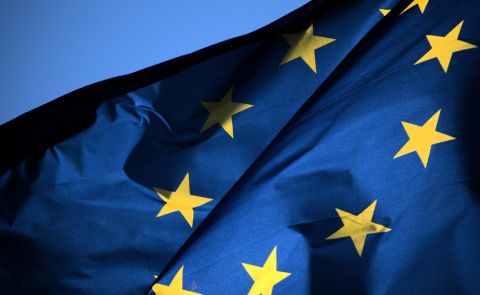
EU Plans Closer Cooperation with Azerbaijan, Georgia, Türkiye, and Other Black Sea States
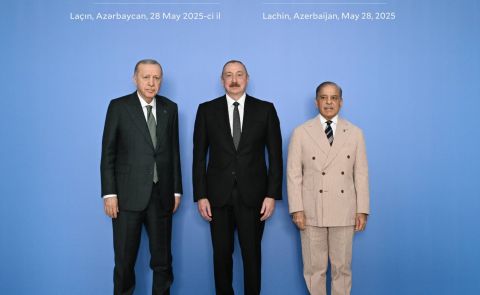
Azerbaijan, Türkiye, and Pakistan Highlight Growing Strategic Cooperation at Lachin Summit
